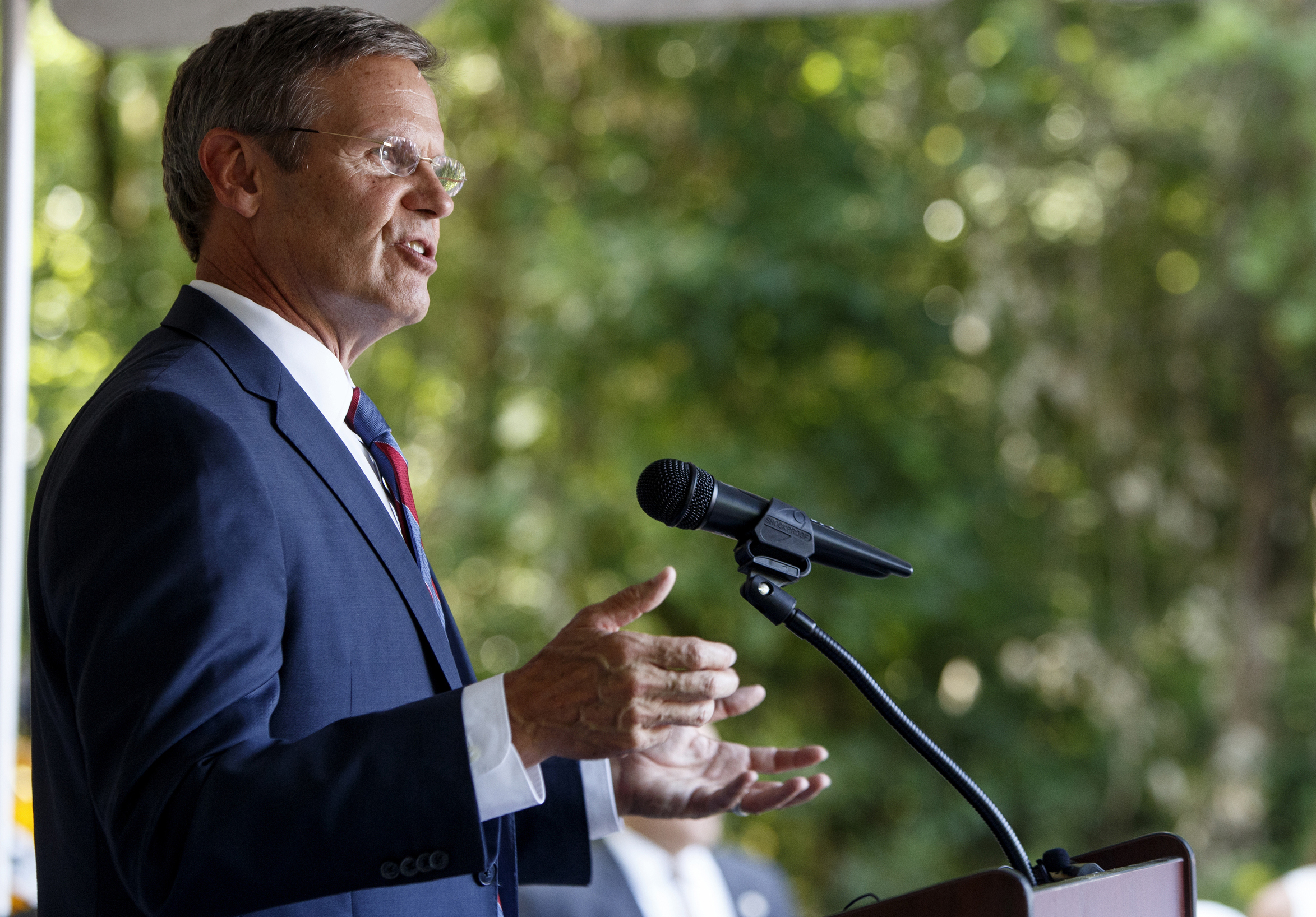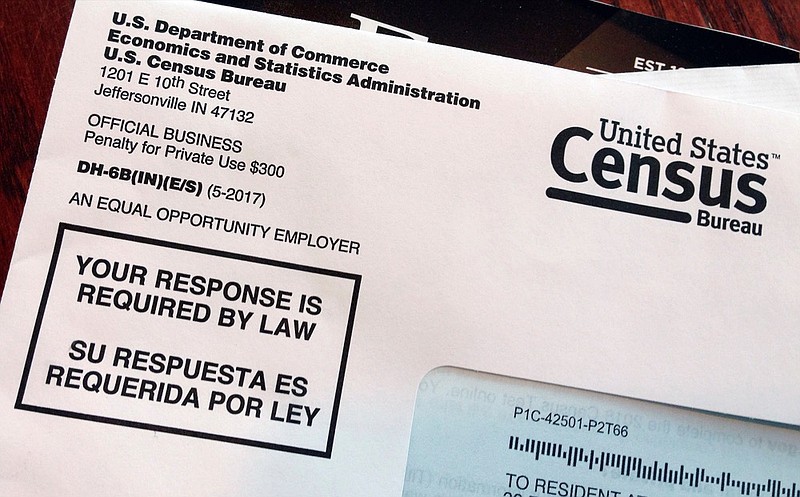NASHVILLE - Tennessee, Alabama and Arizona are tied for having the nation's third largest percentage increase in uninsured people, according to new U.S. Census Bureau estimates for 2018.
An estimated 46,000 additional Tennesseans - 0.6 percent - have no health coverage, raising the estimated total to 675,000, or just over one in every 10 people in the Volunteer State, estimates show.
Alabama's uninsured population rose by 32,000 to 481,000 while Arizona's increased by 55,000, leaving a total of 750,000 people who had no coverage, according to the Census Bureau. Idaho ranked No. 1 with a 1% increase in the number of uninsured, while South Dakota was second.
It was part of a national pattern with the Census Bureau reporting the number of Americans without coverage insurance in 2018 rising 1% to 27.5 million people - 8.5% of the population compared to 7.9%.
It was the first increase since the Affordable Care Act passed. Nearly two million more people were uninsured, according to estimates, bringing the total to 27.5 million.
Census data showed slight decreases in private insurance coverage. But coverage by Medicaid progams such as the state's TennCare program dropped nationally by 0.7%, or nearly two million.
 FILE - In this July 9, 2019, file photo Tennessee Gov. Bill Lee speaks during a groundbreaking ceremony for the new soccer club stadium in East Ridge, Tenn. Lee says he doesn't feel compelled to witness an execution as Tennessee continues to put people to death. Lee, a Republican, was offered a witness seat after he declined to stop the past two executions since taking over Tennessee's top political office in January. Three more executions are scheduled to take place through early 2020. (C.B. Schmelter/Chattanooga Times Free Press via AP, File)
FILE - In this July 9, 2019, file photo Tennessee Gov. Bill Lee speaks during a groundbreaking ceremony for the new soccer club stadium in East Ridge, Tenn. Lee says he doesn't feel compelled to witness an execution as Tennessee continues to put people to death. Lee, a Republican, was offered a witness seat after he declined to stop the past two executions since taking over Tennessee's top political office in January. Three more executions are scheduled to take place through early 2020. (C.B. Schmelter/Chattanooga Times Free Press via AP, File)It's been an issue in Tennessee, which is already one of 14 mostly GOP-led states that refused to expand TennCare. Then-Republican Gov. Bill Haslam sought to expand the program through Obamacare with the federal government picking up 90 percent of the cost, but his fellow Republicans in the Legislature rebuffed him.
His successor, Republican Gov. Bill Lee, has shown no interest in pursuing expansion. Lee now is following lawmakers' directive that he seek a federal waiver of Medicaid rules to convert TennCare into a block grant program. He simultaneously is in the process of naming a task force to find ways to address health care costs in Tennessee.
Earlier this year, the Tennessee Justice Center, a health advocacy group, announced an estimated 128,000 low-income children statewide were purged over the last two years from TennCare and another state and federally funded program for the poor, CoverKids.
TennCare officials, however, said that because of court orders and a failure by a vendor to fully computerize the TennCare enrollment process, the state had stuck to a paper or telephone process to keep up with eligibility redeterminations. But with the state now having a working computer system, TennCare officials argue the drop is attributable to a better screening process and one-time enrollees' income levels no longer meeting requirements to remain in the program.
But advocates say many children are simply getting lost.
Asked Thursday about the latest census numbers showing a drop in uninsured people in Tennessee, Lee told reporters that "any time we have a population of uninsured that's changing, we want to know exactly what's behind that. There are a lot of different theories about what's behind it. We want to dig in and find what it is."
He went on to note that people are "being brought out of poverty because unemployment rates are lower. Then, therefore, they don't qualify and others do qualify."
The governor also said "some of the reasons for that would be that people choose not to tap into private insurance because the [individual] mandate was lifted and their requirement to do so was taken off."
He was referring to congressional Republicans doing away with the Affordable Care Act's requirement that everyone have some type of health insurance coverage.
His comments came after speaking at the groundbreaking for a new nonprofit, faith-based medical center in Nashville for low-income people.
Pointing to the center's plans, the governor told reporters that facilities "like this serve primarily the underserved and those that are uninsured." That's "why we increased our funding to the health care safety net by over $10 million, because that also serves uninsured," he said.
"So it's very important to me that Tennesseans have access to health care they can afford," Lee added.
Contact Andy Sher at asher@timesfreepress.com or 615-255-0550. Follow on Twitter @AndySher1.
